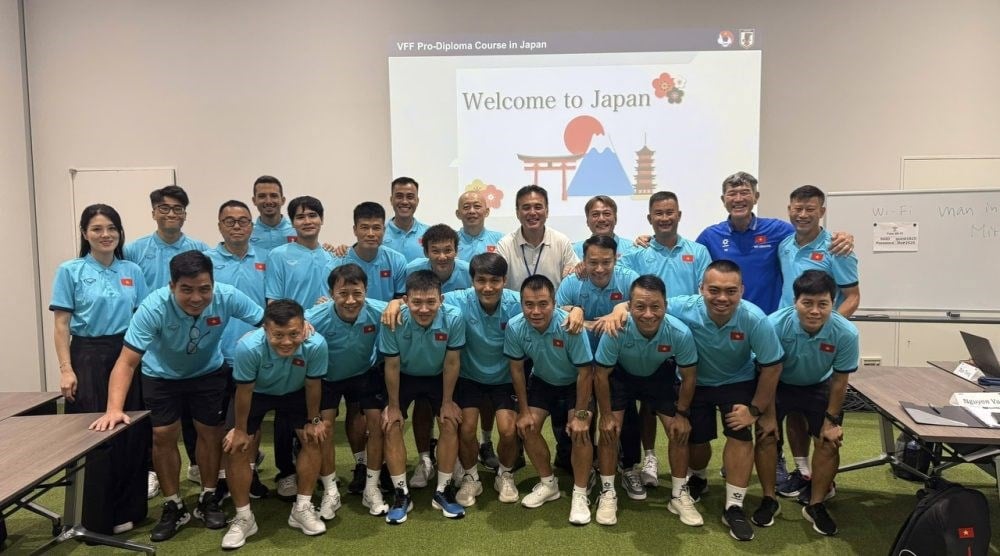
“Pro Line” and the Hasty Shift Change
On July 1, 18 Vietnamese coaches left for Japan to attend the second phase of the Pro/AFC/VFF professional coach training course. This is not a training trip to "look good for your resume", but a ticket to survival, because from the 2025/26 season, head coaches of V.League clubs are required to have a Pro license or have completed at least 3/4 of the program of this course.
Within just a few weeks of the 2024/25 season ending, a series of prominent domestic coaches have left the cabin one after another due to the lack of a... certificate. Coach Phung Thanh Phuong parted ways with Ho Chi Minh City FC after two seasons of keeping the team in the league. The person who used to be a symbol of expertise and spirit of Saigon football was suddenly invited... to be an assistant to a strategist from Spain.
In the ancient capital, coach Nguyen Viet Thang contributed greatly to helping Ninh Binh get promoted, and also proactively withdrew to complete the Pro course, leaving the head coach position to Gerard Albadalejo, who used to lead the Barcelona B team. In Ha Tinh , coach Nguyen Thanh Cong asked to withdraw for health and professional reasons, but did not hide the fact that he wanted to take advantage of the time to complete the highest level of AFC diploma.
In just one month, the three domestic coaches with the most impressive achievements in V.League 2024/25 simultaneously left the cabin. They were not fired because of their lack of expertise, but because of the barrier of qualifications, a new "border" that professional football is establishing.
On the other hand, a series of V.League clubs are pushed to "foreignize" the coaching cabin. Ninh Binh not only has coach Albadalejo but also appointed a team of 5 assistants from his homeland including a fitness coach, goalkeeper, analyst, recovery specialist...; Hanoi FC keeps faith with coach Makoto Teguramori; CAHN continues with Mr. Mano Polking; The Cong Viettel remains unchanged with "genius" Velizar Popov; Thanh Hoa reunites with coach Tomislav Steinbruckner. Ho Chi Minh City Club is also negotiating with Spanish strategist Albert Capellas, a coach who has worked at Barcelona, Dortmund and the Philippines national team.
The appointment of a foreign coach is seen as a necessary step to innovate tactical thinking, approach modern coaching science such as controlling the tempo of the match, high-level pressing, quick physical recovery, player data analysis...
However, the reality of many recent seasons has raised the big question: are foreign coaches necessarily successful? CAHN once “changed generals like changing clothes” while still struggling in the middle of the table. Viettel's The Cong went empty-handed for three consecutive years. Ho Chi Minh City continuously changed foreign coaches but still struggling with the problem of relegation.
The teacher temporarily retreats to advance.
In the list of 18 coaches going to Japan this time, there is no shortage of talented and experienced names: Vu Hong Viet (bringing Nam Dinh to the championship for two consecutive seasons), Bui Doan Quang Huy (V.League 2023/24 runner-up with Binh Dinh), Phan Nhu Thuat, Van Sy Son, Nguyen Viet Thang... This is a generation of domestic coaches who have made a big change in thinking, have been well-trained and have a clear tactical mark.
In the past, Le Thuy Hai, Le Huynh Duc, and Chu Dinh Nghiem were not only known for their titles but also for their personal coaching philosophy and style. Reality has proven that when placed in the right environment, domestic coaches can be on par with, and even surpass, their foreign counterparts.
The problem lies in whether they have enough “breathing space” to make mistakes and correct them? Is there enough patience from the club's leadership, a professional assistant system, and a long-term development roadmap? Or will they be replaced by a new “Western coach” after just a few games of being off-beat?
Foreign coaches are often associated with the concept of “professionalism”. But professionalism is not just about standing on the sidelines, but also an entire ecosystem from the youth academy model, data analysis room, sports nutrition and medicine department, to proper investment in training domestic coaches. If a club cannot build a standard U15 team, does not have a GPS system to measure player speed, then does it have enough capacity to operate the “input” for a famous foreign coach?
On the contrary, domestic coaches, once they have a Pro license, also need to be given a worthy opportunity. They need a transparent selection mechanism, long-term contracts with clear KPIs, and a scientific support team instead of “improving”. Trust does not come from words, but from fair treatment of talent.
The AFC tightening qualifications is an irreversible trend. Vietnamese football needs to adapt, as J.League has done since 2004 or K.League since 2013. But adapting does not mean exchanging domestic coaches for foreign coaches. The key lies in simultaneously improving the quality of both resources.
No one can deny the imprints of Calisto, Toshiya Miura, Park Hang-seo... on Vietnamese football. But for sustainable development, the domestic coaching system must be the foundation. The Pro license is the “elevator” that forces Vietnamese coaches to learn, change their thinking and approach professionalism.
And on the other hand, if foreign coaches are to succeed, clubs must have a compatible foundation. They cannot hire Mourinho to lead a football field that is as bumpy as a potato field. Domestic or foreign coaches are just names. What is important is how we treat abilities fairly, have a long-term strategy and a strong enough ecosystem to develop truly professional football.
Source: https://baovanhoa.vn/the-thao/lanh-noi-thay-ngoai-va-bai-kiem-tra-cho-bong-da-chuyen-nghiep-149889.html








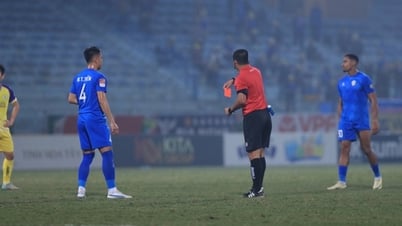

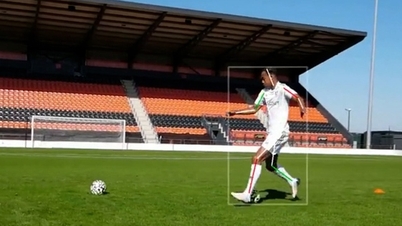
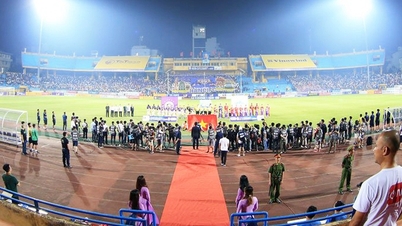
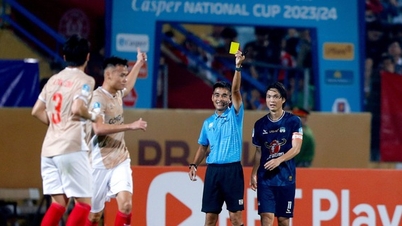

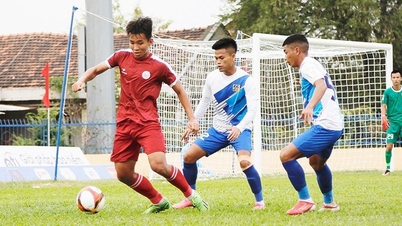
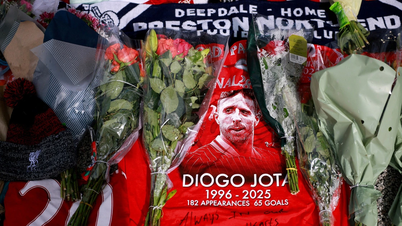

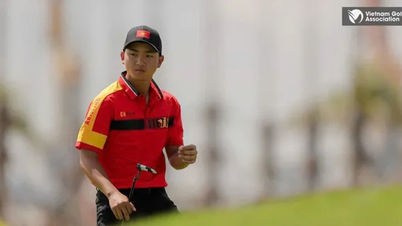

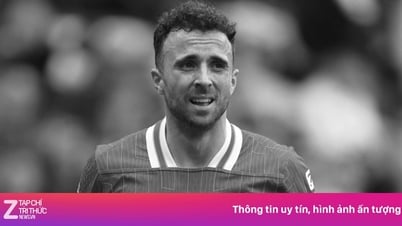

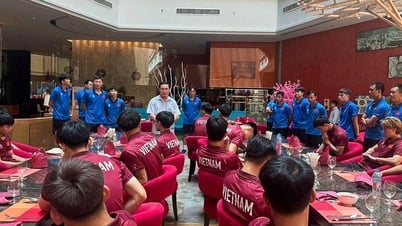

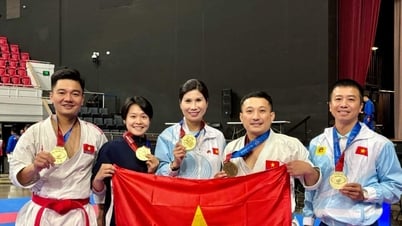

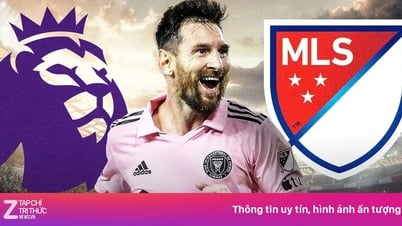





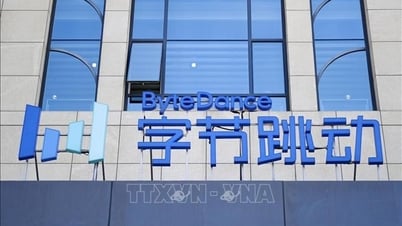
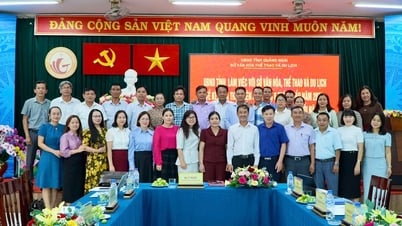
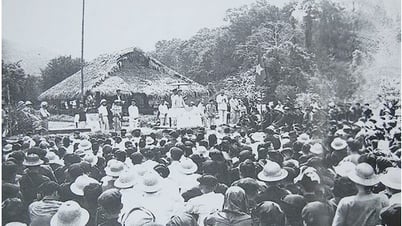
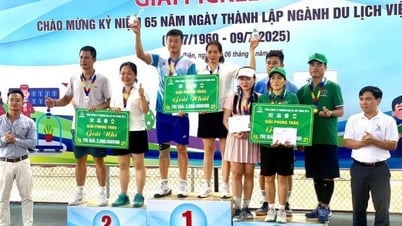
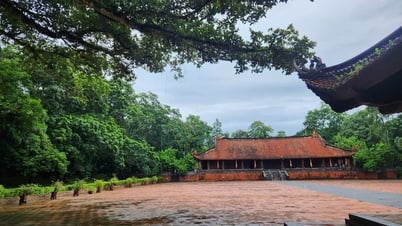































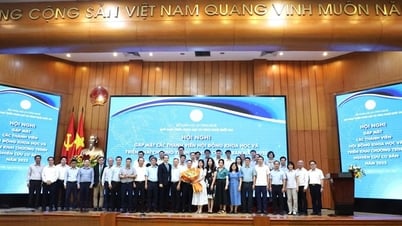

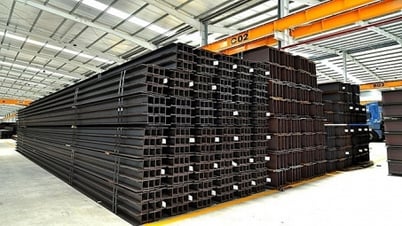

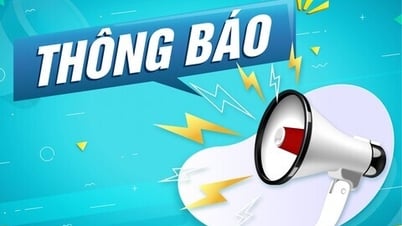
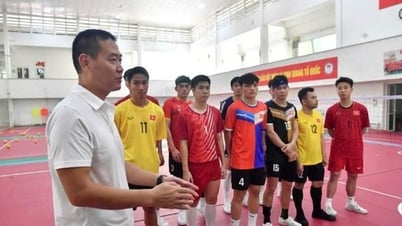

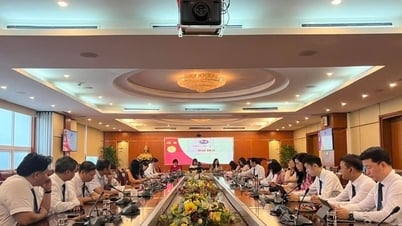
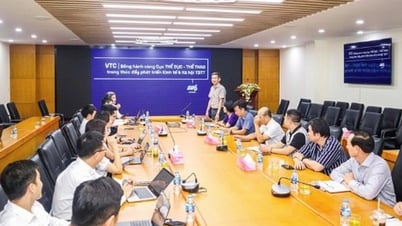
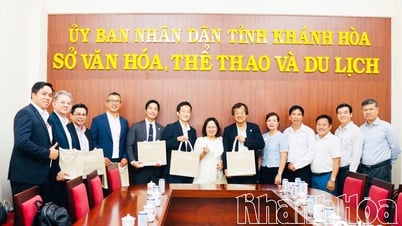


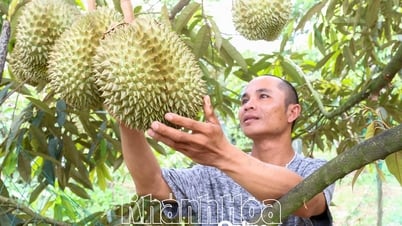
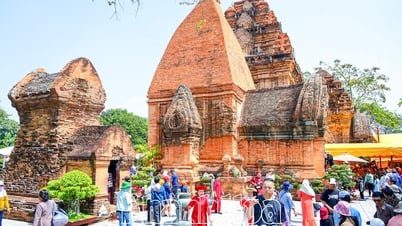
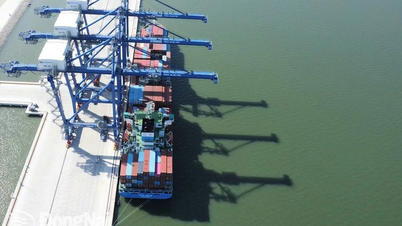

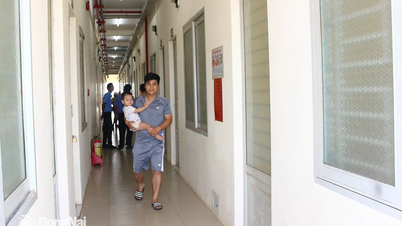











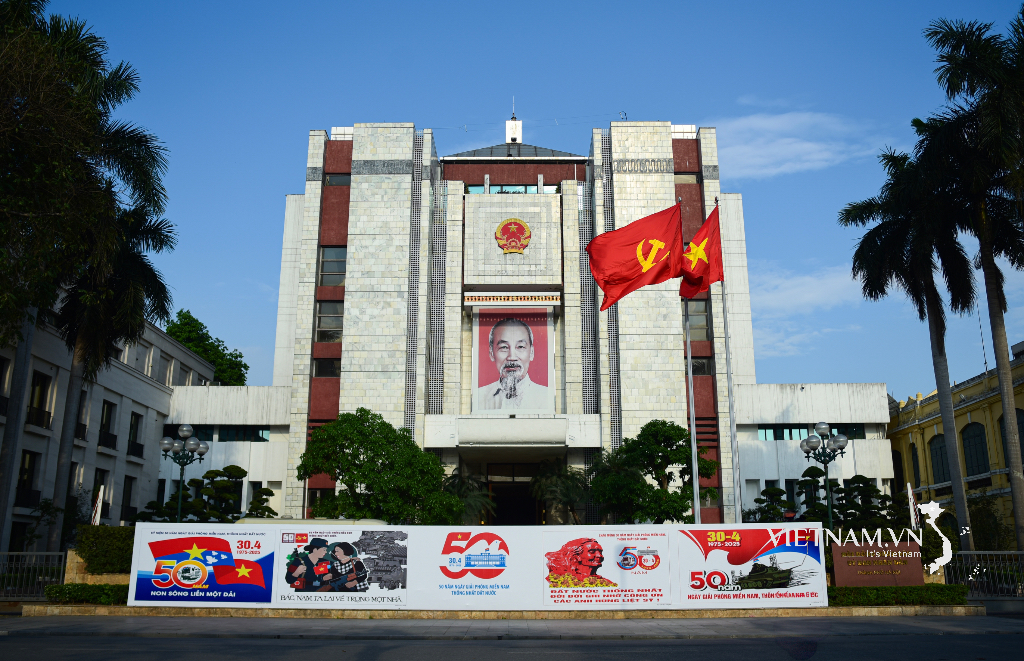
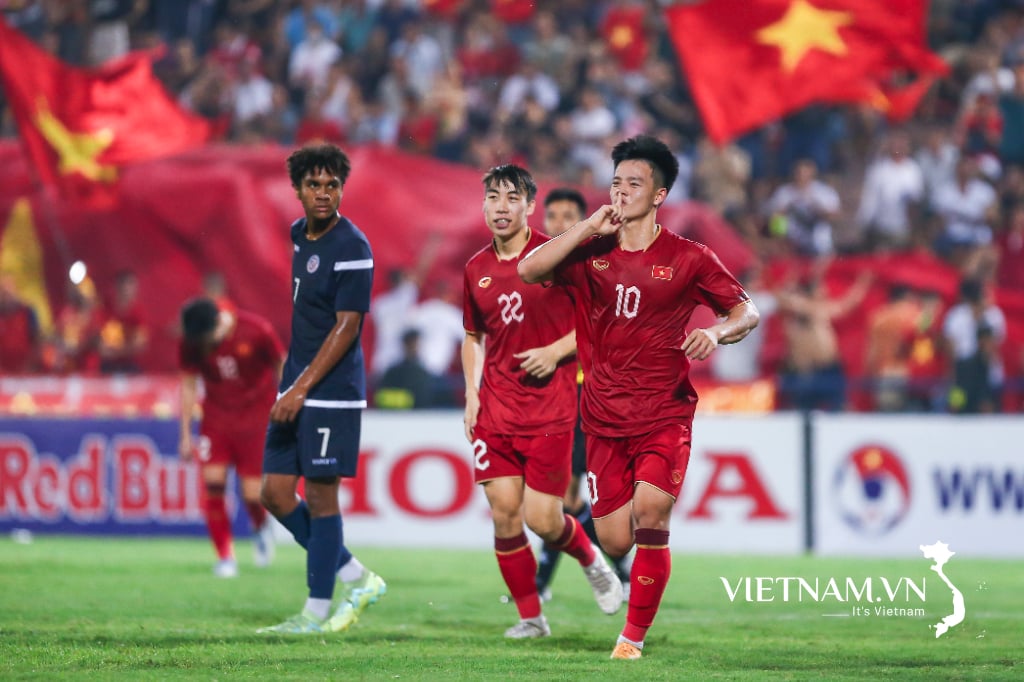
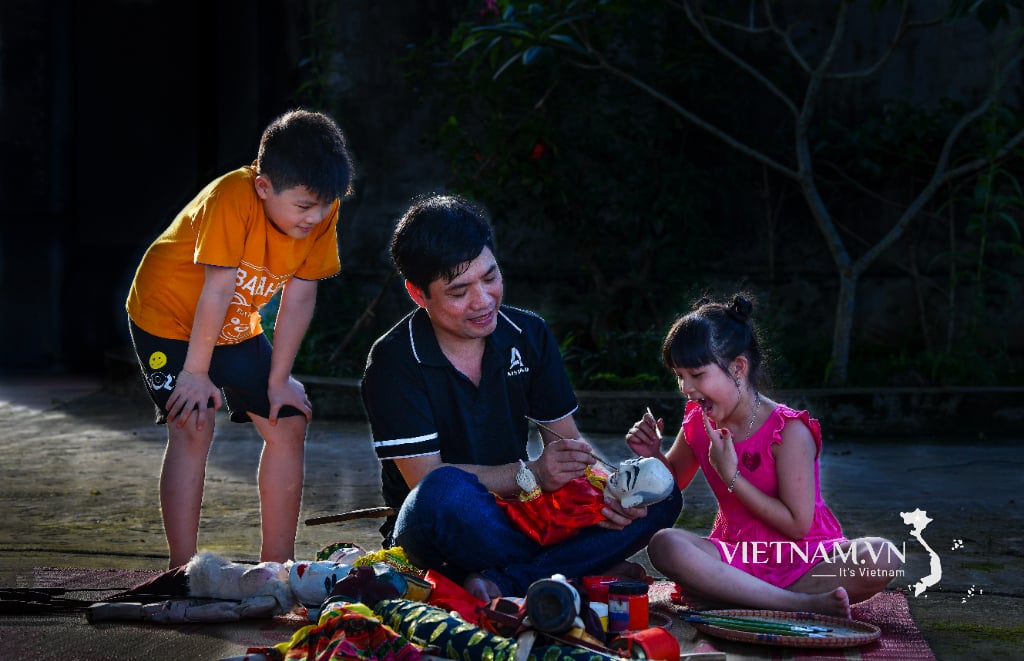
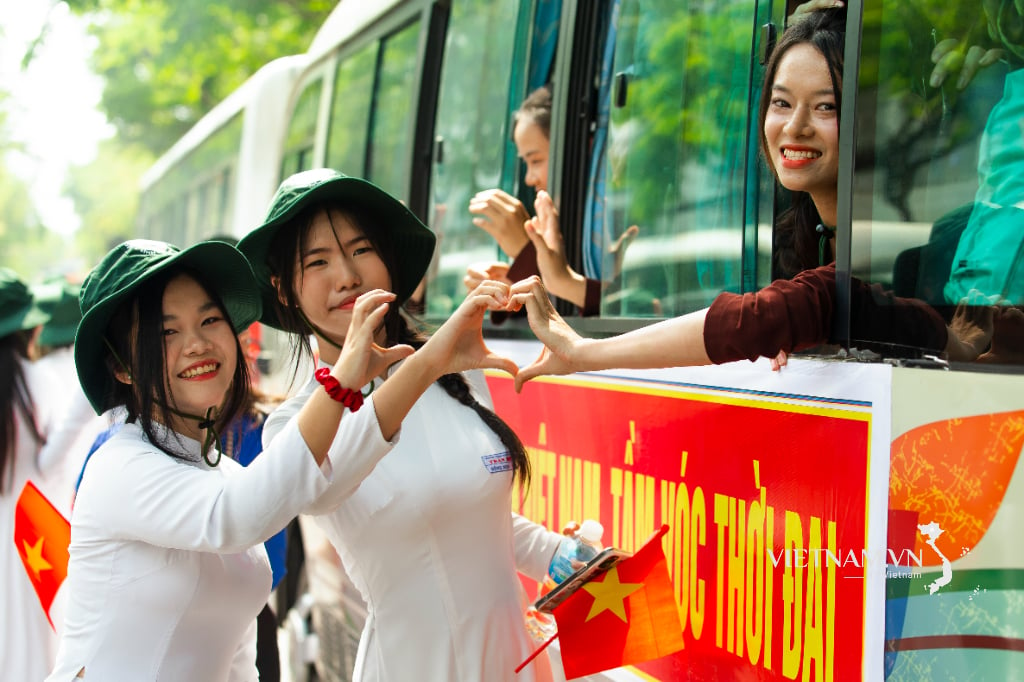
Comment (0)